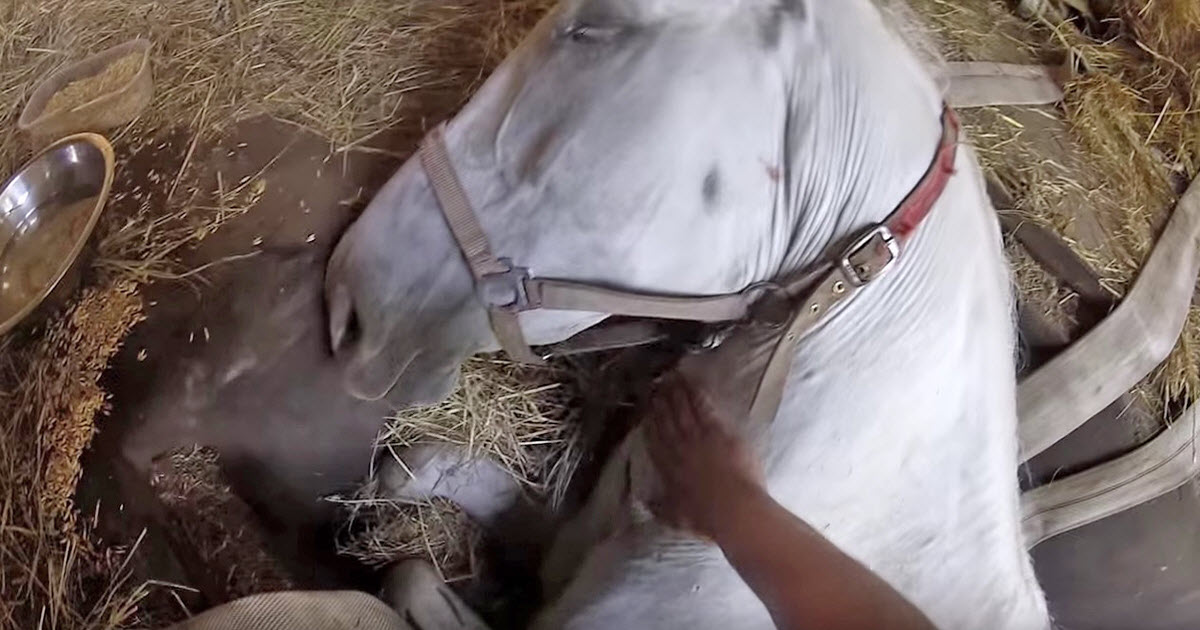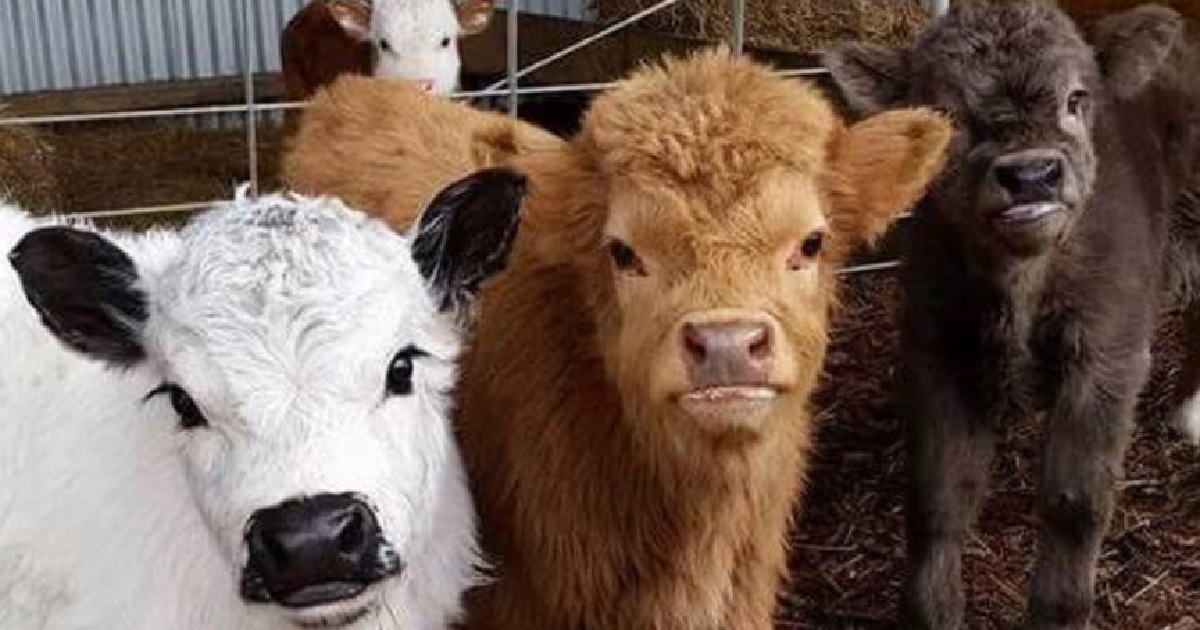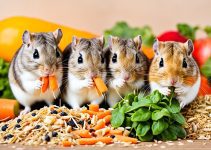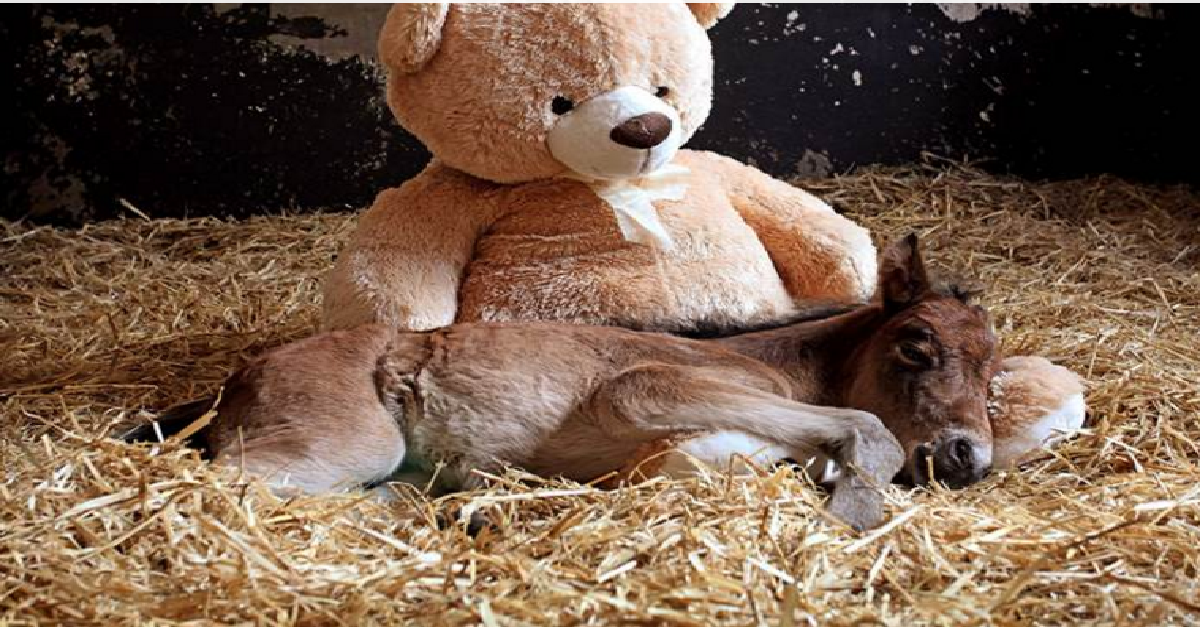As a proud guinea pig owner, I’m always careful about what I feed my little furry friends. While exploring different foods for them, I often wonder if bread is a safe option. Can guinea pigs eat bread? Let’s find out!
Guinea pigs have specific dietary needs that consist of hay, pellets, and fresh fruits and vegetables. Bread, however, is not part of their main diet. Although bread is not toxic to guinea pigs, it lacks the necessary nutrients they require for optimal health. In fact, feeding bread to guinea pigs can lead to a range of health issues, including obesity, diabetes, digestive problems, tooth decay, and more.
Can Guinea Pigs Eat Bread? Yes, but they shouldn’t.
- Feeding bread to guinea pigs can lead to obesity, diabetes, digestive problems, tooth decay, and other health issues.
- Bread is not a part of a guinea pig’s main diet and does not provide the necessary nutrients for their dietary needs.
- Guinea pigs require a diet rich in hay, pellets, and fresh fruits and vegetables to maintain their overall health.
- White bread, brown bread, and pita bread should all be avoided as they lack vital nutrients and can cause digestive issues in guinea pigs.
- While bread may have some nutritional benefits, the potential risks outweigh any potential benefits, making it best to prioritize their recommended diet.
Understanding Bread and its Nutritional Content
When it comes to understanding the nutritional content of bread, it’s important to know what it’s made of and what nutrients it contains. Bread is typically made from a combination of flour, water, and fat, and can come in various forms such as white bread, whole wheat bread, or rye bread. While bread does contain some carbohydrates, protein, fat, fiber, and vitamins, it does not provide enough of these nutrients to meet the dietary needs of guinea pigs.
Guinea pigs have specific dietary requirements that are best met through a diet consisting of hay, pellets, and fresh fruits and vegetables. While bread may seem like a convenient option, it does not offer the necessary nutrients that guinea pigs need for optimal health. It’s important to prioritize their recommended diet and provide them with foods that are rich in the nutrients they require.
Feeding bread to guinea pigs in large quantities can have negative effects on their health. The high carbohydrate and fat content in bread can contribute to weight gain and obesity in guinea pigs. Additionally, the sugars in bread can cause their insulin levels to rise too quickly, potentially leading to diabetes. Furthermore, bread can be difficult for guinea pigs to digest properly, which can result in digestive problems such as bloating, constipation, and diarrhea.
Why Bread is Not Suitable for Guinea Pigs
Feeding bread to guinea pigs can pose several health risks. While bread is not toxic to them, it lacks the necessary nutrients to meet their dietary needs. The high calorie, carbohydrate, and fat content in bread can lead to weight gain and obesity in guinea pigs. Additionally, the sugars present in bread can cause their insulin levels to spike, increasing the risk of diabetes.
Bread can also be challenging for guinea pigs to digest properly, potentially resulting in digestive issues such as bloating, constipation, and diarrhea. This is because guinea pigs have a unique digestive system that is specifically adapted for a diet rich in hay, pellets, and fresh fruits and vegetables. Bread, with its lack of fiber and protein, can further exacerbate these digestive problems.
It is important to prioritize the health and well-being of guinea pigs by feeding them a diet that is specifically tailored to their needs. Avoiding bread as a regular part of their diet is essential to prevent the potential dangers it can pose to their overall health. Instead, focus on providing them with the recommended hay, pellets, and fresh produce to ensure they receive the necessary nutrients for optimal development and longevity.
Potential Dangers of Feeding Bread to Guinea Pigs
Feeding bread to guinea pigs can have several negative impacts on their health. While bread is not toxic to guinea pigs, it is not suitable for their dietary needs. The high carbohydrate content in bread can lead to weight gain and obesity, which can increase the risk of various health issues in guinea pigs. Additionally, the lack of essential nutrients in bread can contribute to malnutrition and dehydration, further compromising their well-being.
Bread can also cause digestive problems in guinea pigs. The carbohydrates and sugars in bread can be difficult for their sensitive digestive systems to break down, leading to issues such as bloating, constipation, and diarrhea. Moreover, bread can pose a choking hazard to guinea pigs, especially if it is not properly broken down or if the pieces are too large.
Another significant concern with feeding bread to guinea pigs is the potential for tooth decay. Bread, especially when it contains added sugars, can stick to their teeth and gums, promoting the growth of harmful bacteria. This can lead to dental problems and eventually tooth decay, causing pain, discomfort, and difficulties in eating.
The Risks Outweigh the Benefits
Considering the potential dangers associated with feeding bread to guinea pigs, it is best to avoid including it in their diet altogether. While bread may offer small nutritional benefits, such as fiber and potassium, these advantages are outweighed by the risks it poses to their overall health. It is important to prioritize their recommended diet, which consists of hay, pellets, and a variety of fresh fruits and vegetables, to ensure their dietary needs are met and to prevent any potential health issues.
The Impact of Different Types of Bread on Guinea Pigs
When it comes to bread, not all types are created equal in terms of suitability for guinea pigs. Let’s take a closer look at how different types of bread can affect our furry friends.
White Bread for Guinea Pigs
White bread, often made from refined flour, is not recommended for guinea pigs. It lacks essential nutrients and can lead to digestive issues and other health conditions. It’s best to avoid feeding white bread to your guinea pig to ensure their optimal well-being.
Brown Bread for Guinea Pigs
Brown bread, which is often perceived as a healthier option, is still not an ideal choice for guinea pigs. While it may contain slightly more nutrients than white bread, it still falls short of providing the necessary dietary requirements for guinea pigs. Regularly feeding brown bread can contribute to weight gain and digestive problems in these small pets.
Pita Bread for Guinea Pigs
Pita bread, although popular in some households, should also be avoided when it comes to feeding guinea pigs. Made from processed flour and sugar, pita bread can pose digestive issues and even lead to dehydration in these delicate animals. It’s important to prioritize their well-balanced diet over the consumption of pita bread.
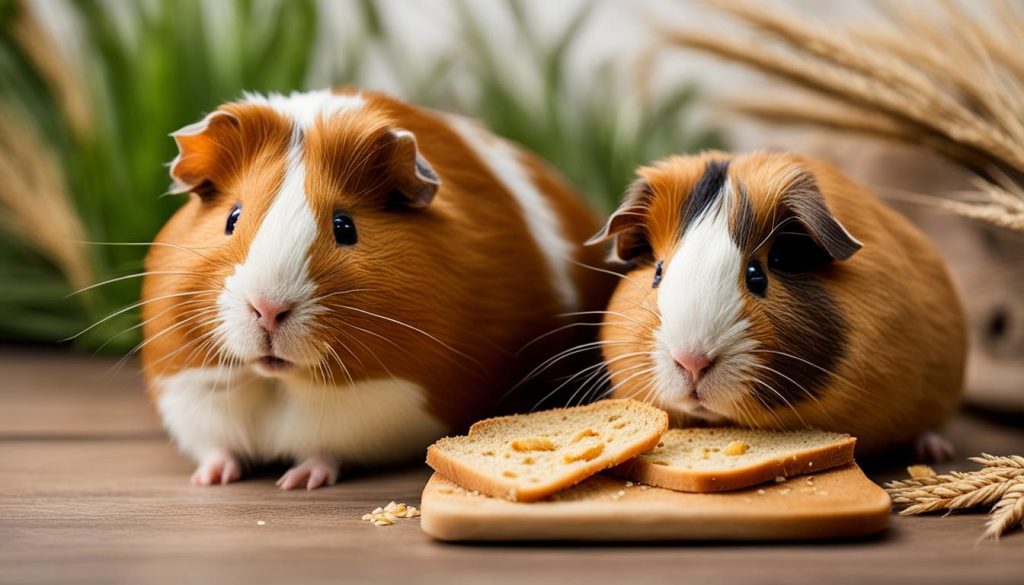
When considering the impact of different types of bread on guinea pigs, it’s clear that bread is not an ideal food choice for them. While it may be tempting to share our meals with our furry friends, it’s important to prioritize their health and stick to their recommended diet of hay, pellets, fruits, and vegetables. By doing so, we can ensure that our guinea pigs receive the necessary nutrients for their well-being and live a happy, healthy life.
The Surprising Benefits of Bread as a Snack (in moderation)
Bread may not be part of a guinea pig’s essential diet, but it can be given as an occasional snack in very small amounts. While it doesn’t provide the necessary nutrients for their dietary needs, there are a few surprising benefits to consider.
First, bread contains fiber, which can aid guinea pig digestion to some extent. It can help regulate their bowel movements and prevent constipation. Additionally, bread contains potassium, which is beneficial for their heart health. However, it’s important to note that these benefits are minimal compared to their overall dietary requirements.
It’s important to emphasize that bread should still be given sparingly, even as a snack. The negative effects of bread on guinea pig health can outweigh these small benefits. The high carbohydrate and fat content in bread can lead to weight gain, obesity, and digestive problems if consumed excessively.
To ensure the optimal health and well-being of your guinea pig, it’s best to prioritize their recommended diet, which consists of hay, pellets, and fresh fruits and vegetables. These foods provide essential nutrients and contribute to their overall nutrition. Feeding bread to guinea pigs should be avoided whenever possible to maintain their optimal health and avoid potential health issues.
The Risks Outweigh the Benefits – Why Bread Should Be Avoided
Feeding bread to guinea pigs may seem harmless, but the dangers associated with it far outweigh any potential benefits. Guinea pigs have unique dietary requirements that cannot be met by bread alone. While bread is not toxic to guinea pigs, it lacks the essential nutrients they need for optimal health. Instead, it can contribute to a range of health issues that can severely impact their well-being.
One of the main risks of feeding bread to guinea pigs is the potential for obesity. Bread is high in calories, carbohydrates, and fat, making it easy for guinea pigs to gain weight quickly. The excessive consumption of bread can lead to obesity, which can have serious consequences for their overall health. Obesity in guinea pigs can increase the risk of diabetes, cardiovascular problems, and joint issues, ultimately shortening their lifespan.
Bread can also cause digestive problems for guinea pigs. Guinea pigs have delicate digestive systems that require a diet rich in fiber to function properly. Unfortunately, bread is low in fiber and can lead to issues like bloating, constipation, and diarrhea. These digestive problems can be uncomfortable for guinea pigs and may even require medical intervention to alleviate their symptoms.
Moreover, the lack of essential nutrients in bread further contributes to its unsuitability for guinea pigs. Guinea pigs need a diet that is high in fiber, vitamins, and minerals to support their overall health and well-being. While bread may contain small amounts of certain nutrients, it does not provide enough of them to meet the needs of guinea pigs. By feeding bread to guinea pigs, they are missing out on essential nutrients that are crucial for their growth, development, and immune function.
Although bread may seem like a harmless treat for guinea pigs, it is best to avoid feeding it to them altogether. The risks of obesity, digestive problems, and nutritional deficiencies outweigh any potential benefits. To ensure the health and well-being of your guinea pig, prioritize their recommended diet of hay, pellets, and fresh fruits and vegetables. By providing them with a balanced and nutritious diet, you can help them thrive and live a long, happy life.
Conclusion
When it comes to a guinea pig’s diet, bread is not a suitable food choice. While it may not be toxic, it lacks the necessary nutrients and can lead to various health issues. To ensure the overall health and well-being of your guinea pig, it is important to prioritize their recommended diet.
Guinea pigs should primarily be fed a combination of hay, pellets, and a variety of fresh fruits and vegetables. These foods provide the essential nutrients and fiber that guinea pigs need to thrive. By following these healthy feeding guidelines, you can help your guinea pig maintain optimal health.
When it comes to bread, it should be avoided altogether. The high carbohydrate and fat content in bread can lead to weight gain, obesity, and digestive problems in guinea pigs. Feeding bread to guinea pigs can also increase the risk of diabetes and other serious health issues. It is best to prioritize their recommended diet and avoid feeding them bread entirely.
Remember, your guinea pig’s diet plays a crucial role in their overall well-being. By providing them with a balanced and nutritious diet, you can ensure that they lead a happy and healthy life.
FAQ
Can guinea pigs eat bread?
While bread is not toxic to guinea pigs, it is not recommended as part of their diet. Guinea pigs should primarily be fed hay, pellets, and fresh fruits and vegetables.
What are the risks of feeding bread to guinea pigs?
Feeding bread to guinea pigs can lead to obesity, diabetes, digestive problems, tooth decay, and other health issues.
What nutrients are in bread?
Bread contains carbohydrates, protein, fat, fiber, and vitamins in small amounts, but it does not provide enough of any one nutrient to meet the dietary needs of guinea pigs.
Can guinea pigs eat white bread?
White bread is not suitable for guinea pigs as it is made from refined flour, lacks nutrients, and can lead to digestive issues and other health conditions.
Can guinea pigs eat brown bread?
Brown bread is a better option than white bread, but it still lacks necessary nutrients and can contribute to weight gain and digestive problems if fed regularly.
Can guinea pigs eat pita bread?
Pita bread should be avoided as it is made from processed flour and sugar, which can cause digestive issues and dehydration in guinea pigs.
Can guinea pigs eat bread as a snack?
While bread can be given as an occasional snack in very small amounts, the risks associated with feeding bread to guinea pigs outweigh any potential benefits.
Why should bread be avoided for guinea pigs?
Feeding bread to guinea pigs can cause bloating, choking hazards, weight gain, diabetes, digestive problems, tooth decay, liver and joint diseases, bone deformities, anemia, dehydration, and malnutrition.

